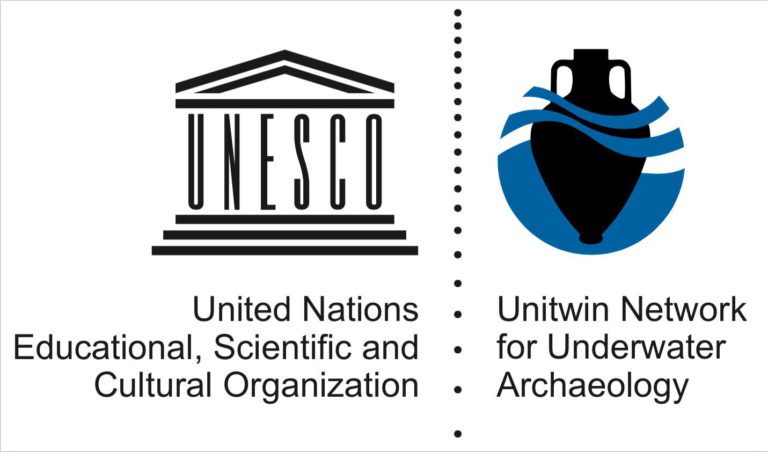UNITWIN is the abbreviation for the university twinning and networking scheme. This UNESCO programme was established in 1992, in accordance with a resolution adopted by the General Conference of UNESCO at its 26th session (1991). The UNITWIN/UNESCO Chairs Programme consists of the establishment of UNESCO Chairs and UNITWIN Networks in higher education institutions.

This UNESCO programme serves as a prime means of building the capacities of higher education and research institutions through the exchange of knowledge and sharing, in a spirit of international solidarity. Thus it promotes North-South, South-South and triangular cooperation as a strategy to develop institutions. These institutions work in partnership with NGOs, foundations and public and private sector organizations and play an important role in the field of higher education. The
UNITWIN/UNESCO Chairs Programme opens avenues for the higher education and research community to join forces with UNESCO to contribute to the implementation of its programme and the achievement of the Millennium Development Goals (MDGs).
The UNITWIN/UNESCO Chairs Programme covers training, research and exchange of academics and offers a platform for information sharing in all fields within the competence of UNESCO. The majority of the projects are interdisciplinary and intersectoral and involve all the programme sectors of UNESCO, with the active cooperation of its field Offices, Institutes and Centres. National Commissions play an important role by helping to promote the programme nationally, facilitating its execution and evaluating its impact. Because it is totally multidisciplinary in nature, the UNITWIN/UNESCO Chairs Programme is one of the Organization’s most intersectoral programmes.
Relevance, anticipation and effectiveness are among the prime goals of the UNITWIN Programme. So far UNESCO Chair and UNITWIN Network projects have proven useful in establishing new teaching programmes, generating new ideas through research and reflection, and facilitating enrichment of
existing university programmes while respecting cultural diversity.
Because of the nature and flexibility of the UNITWIN/UNESCO Chairs Programme, universities can respond more readily and with greater autonomy to the demands for new learning and research in a world undergoing rapid economic, social and technological change. Since the adoption of new strategic orientations for the UNITWIN Programme by the Executive Board at its 176th session in April 2007, emphasis has been laid on:
• the dual function of UNESCO Chairs and UNITWIN Networks as “think tanks” and “bridge builders” between the academic world, civil society, local communities, research and policy-making;
• aligning the new UNESCO Chairs and UNITWIN Networks with UNESCO’s priorities as defined in its Medium-Term Strategy for 2008-2013;
http://unesdoc.unesco.org/images/0014/001499/149999e.pdf
• strengthening North-South, South-South and North-South-South cooperation;
• creating poles of excellence and innovation at the regional or subregional level;
• reinforcing the dynamism of networks and partnerships.
The programme is open to universities and other institutions of higher education and research that are recognized as bona fide institutions by the competent national authorities in the respective country and accepted by UNESCO; NGOs working in the field of higher education and research; other academic
associations; inter-university and other academic networks that wish to establish a link between their own activities and the UNITWIN/UNESCO Chairs Programme; national, regional and international public or private institutions and agencies that currently have or intend to develop cooperative links and
arrangements with UNESCO in the field of higher education.
Proposals for a UNESCO Chair or UNITWIN Network should be submitted to UNESCO by an institution eligible to participate in the programme. However, UNESCO Chairs or UNITWIN Networks may only be established at:
• universities;
• other institutions of higher learning;
• research institutions in higher education.
The Coastal Heritage Research Center (CIPAC) became an associate member of the UNESCO / UNITWIN Network at the last meeting of the Chair in April 2018 at an event held at UNESCO headquarters in Paris from April 23rd to 26th, 2018.
